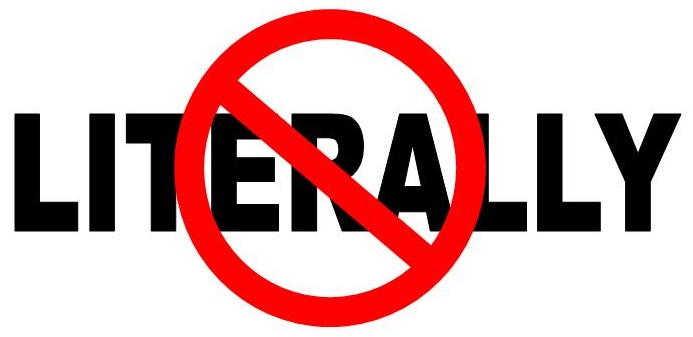I came across an odd fact the other day. There is a two-letter word in English that has more meanings than any other two-letter word, and that word is ‘UP.’ It is listed in the dictionary as an adverb, preposition, adjective, noun, or verb! (click here for the Oxford English dictionary link and keep scrolling down the page) There are over 30 definitions of the word!
I cannot claim total originality for what follows (I think variations of this have circulated before) but it sure is fun to explore for us word lovers!
At first it is easy to understand the word UP, meaning toward the sky or a higher position, but think about all the other ways we use this word.
You wake UP
At a meeting, topics come UP
Political candidates are UP for election
Your smile can brighten UP a room
A drain must be opened UP because it is stopped UP
You line UP for tickets
People speak UP or take UP a cause
And if a person is speaking too softly we ask them to “speak UP!”
To be dressed is one thing but to be dressed UP is special.
With the right skill you can fix UP the old car
It is UP to someone at work to write UP a report
You call UP your friends
Please look UP your friends in your address book
Unfortunately, you can take UP with the wrong crowd
You work UP an appetite
At dinner time you warm UP leftovers and then clean UP the kitchen
Don’t forget to lock UP the house
A disaster strikes and you must pick UP the pieces
By clicking a thumbs-UP you can say you “like” something online
After the rain we say the sky is clearing UP
But if has not rained for a while we say it is drying UP
The bad kid in class always stirs UP trouble
You think UP excuses
Someone must open UP a store in the morning but remember to close it UP at night
A Pixar movie is called “Up”
Time to wrap this UP.
So, if you are UP to it, you might try building UP a list of the many ways UP is used. It will take UP a lot of your time, but if you don’t give UP, you may wind UP with a hundred or more.









